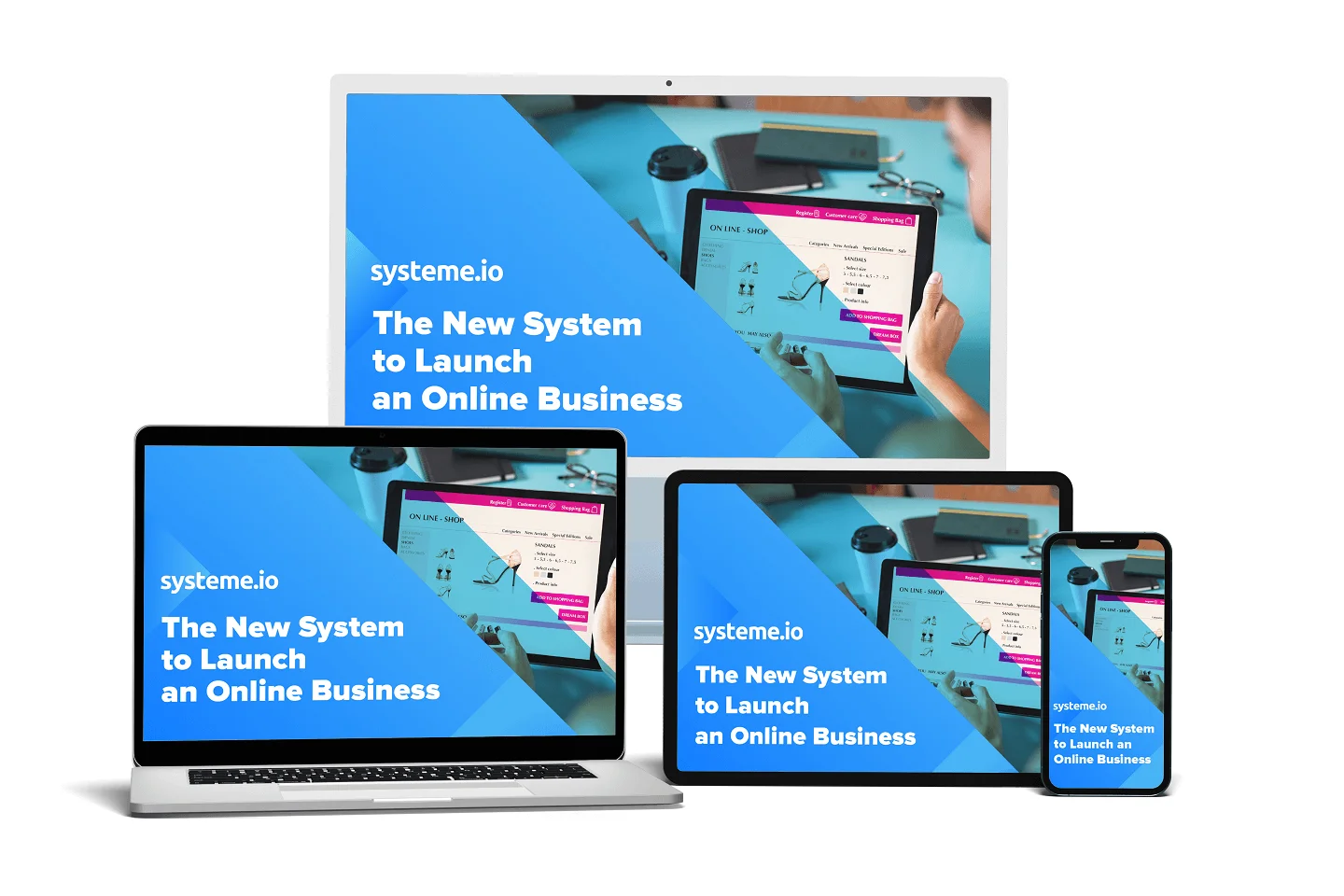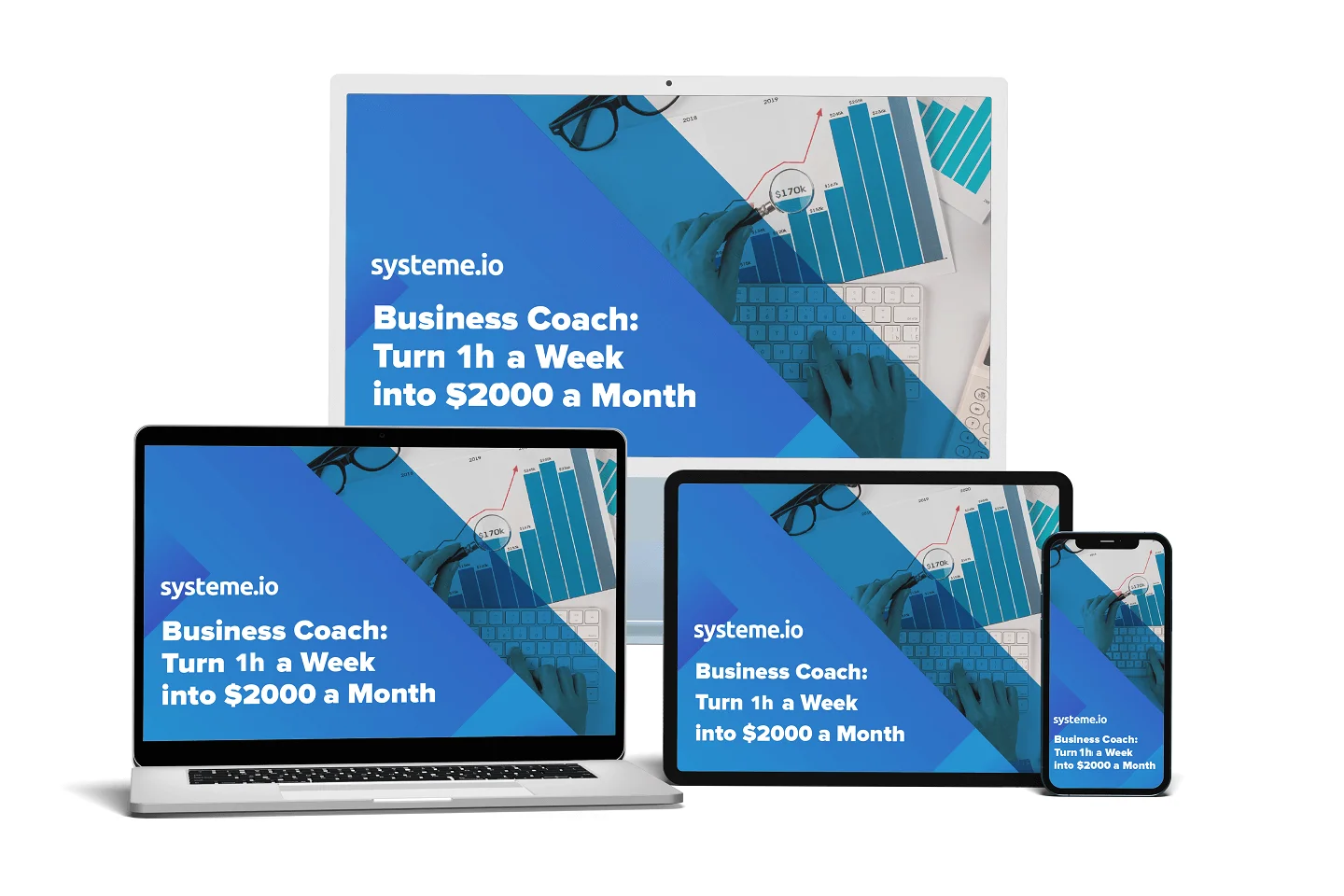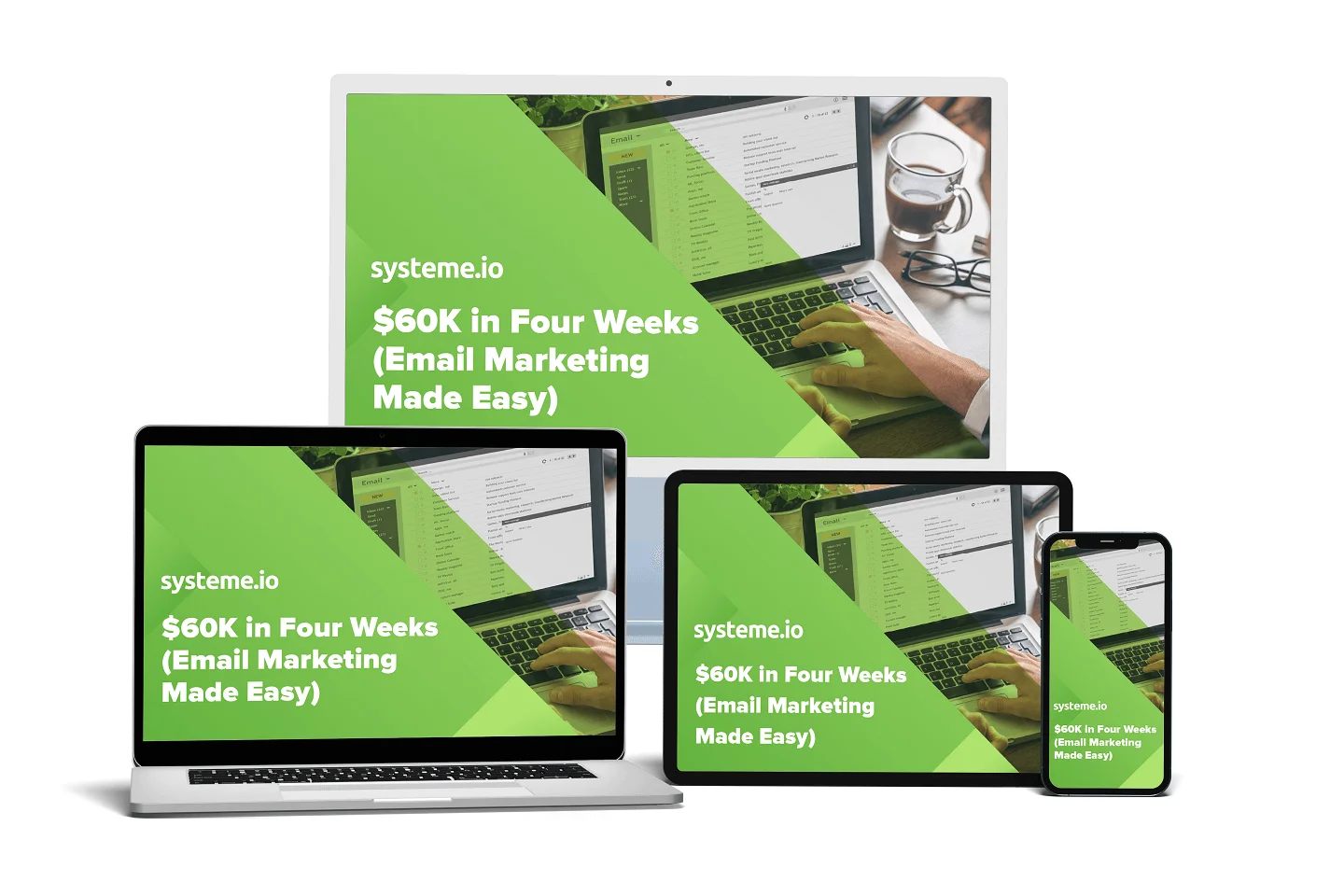In recent years, the use of artificial intelligence (AI) in content marketing has been on the rise. AI has the potential to revolutionize the way content is created, distributed, and optimized. It offers marketers new tools and techniques to enhance their content strategy and improve audience engagement. However, it is crucial for marketers to understand AI’s impact on content creation and strategy in order to fully harness its potential.
Understanding AI and its Impact on Content Creation
AI refers to the simulation of human intelligence in machines that are programmed to think and learn like humans. In the context of content creation, AI can generate written or visual content based on predefined rules and patterns. This can save marketers a significant amount of time and effort in creating content from scratch.
There are several AI-powered content creation tools available today. For example, there are tools that can generate blog posts, social media captions, or even entire articles based on a given topic or keyword. These tools use natural language processing algorithms to analyze existing content and generate new content that is relevant and engaging.
The Benefits of Using AI for Content Marketing
One of the main benefits of using AI in content marketing is increased efficiency and productivity. AI-powered tools can automate repetitive tasks, such as generating content or analyzing data, allowing marketers to focus on more strategic activities. This can save time and resources, enabling marketers to produce more high-quality content in less time.
Another benefit of using AI is improved content quality and relevance. AI-powered tools can analyze large amounts of data to identify trends, patterns, and preferences among target audiences. This allows marketers to create content that is tailored to their audience’s interests and needs, resulting in higher engagement and conversion rates.
Furthermore, AI can enhance audience targeting and engagement. By analyzing user data and behavior patterns, AI-powered tools can identify the most relevant audience segments for a particular piece of content. This allows marketers to deliver personalized content to each segment, increasing the chances of capturing their attention and driving them to take action.
How AI is Revolutionizing Content Strategy
AI is not only transforming content creation, but also content strategy. AI-powered tools can analyze and optimize content to improve its performance and relevance. For example, AI can analyze the performance of different pieces of content and identify patterns that lead to higher engagement or conversion rates. This allows marketers to optimize their content strategy based on data-driven insights.
In addition, AI can provide predictive analytics for content performance. By analyzing historical data and user behavior patterns, AI-powered tools can predict the success of future content based on various factors such as topic, format, or distribution channel. This allows marketers to make more informed decisions about their content strategy and allocate resources more effectively.
Moreover, AI enables real-time content personalization and adaptation. By analyzing user data in real-time, AI-powered tools can deliver personalized content recommendations or adapt the content itself based on the user’s preferences or behavior. This creates a more personalized and engaging experience for the audience, increasing the chances of conversion.
The Role of AI in Personalizing Content for Target Audiences
Personalization is a key aspect of successful content marketing. AI-powered tools can help marketers personalize their content at scale by analyzing user data and behavior patterns. For example, AI can analyze a user’s browsing history, social media activity, or purchase behavior to understand their preferences and interests. Based on this analysis, AI-powered tools can deliver personalized content recommendations or even generate personalized content in real-time.
There are several AI-powered personalization techniques and tools available today. For example, there are tools that can dynamically generate personalized email subject lines or website headlines based on the user’s preferences or behavior. There are also tools that can recommend personalized product recommendations or offers based on the user’s purchase history or browsing behavior.
The Future of SEO and AI in Content Marketing
AI is also having a significant impact on search engine optimization (SEO) in content marketing. Search engines are increasingly using AI algorithms to understand and rank content based on its relevance and quality. This means that marketers need to adapt their SEO strategies to align with AI-powered search engine algorithms.
AI-powered SEO tools can help marketers optimize their content for search engines. For example, there are tools that can analyze the performance of different keywords and suggest the most relevant and effective keywords for a particular piece of content. There are also tools that can analyze the structure and readability of content to ensure it is optimized for search engines.
Using AI to Optimize Content Distribution and Promotion
AI can also play a crucial role in optimizing content distribution and promotion. AI-powered tools can analyze user data and behavior patterns to identify the most effective distribution channels and promotion strategies for a particular piece of content. This allows marketers to allocate their resources more effectively and reach their target audience more efficiently.
There are several AI-powered content distribution platforms available today. These platforms use AI algorithms to analyze user data, content performance, and other factors to recommend the most effective distribution channels and promotion strategies for a particular piece of content. This can save marketers time and effort in manually analyzing data and making distribution decisions.
The Challenges of Implementing AI in Content Marketing
While there are many benefits to using AI in content marketing, there are also several challenges that marketers need to overcome. One of the main challenges is the technical and financial investment required to implement AI-powered tools and systems. AI technology is still relatively new and complex, requiring specialized skills and resources to implement effectively.
Another challenge is resistance to change and fear of job displacement. Many marketers may be hesitant to embrace AI due to concerns about job security or the belief that AI will replace human creativity and intuition. However, it is important for marketers to understand that AI is not meant to replace humans, but rather to augment their capabilities and enhance their productivity.
Ethical Considerations for AI in Content Creation and Distribution
As AI becomes more prevalent in content marketing, it is crucial to consider the ethical implications of its use. AI-powered tools can generate content that is indistinguishable from human-generated content, raising concerns about authenticity and transparency. Marketers need to ensure that AI-generated content is clearly labeled as such to maintain trust and transparency with their audience.
There are also concerns about bias and discrimination in AI-powered content creation and distribution. AI algorithms are trained on large datasets, which may contain biases or discriminatory patterns. This can result in AI-generated content that perpetuates stereotypes or excludes certain groups of people. Marketers need to be aware of these biases and take steps to mitigate them in their AI-powered content marketing strategies.
The Future of Content Marketing: AI-Powered Insights and Analytics
The future of content marketing lies in AI-powered insights and analytics. AI can analyze large amounts of data to provide marketers with actionable insights and recommendations for their content strategy. For example, AI can analyze user data, content performance, and other factors to identify trends, patterns, or opportunities for improvement.
Predictive analytics is another area where AI can revolutionize content marketing. By analyzing historical data and user behavior patterns, AI-powered tools can predict the success of future content based on various factors such as topic, format, or distribution channel. This allows marketers to make more informed decisions about their content strategy and allocate resources more effectively.
The Importance of Embracing AI in Content Marketing
In conclusion, AI has the potential to revolutionize content marketing by enhancing efficiency, improving content quality, and personalizing the audience experience. It is important for marketers to understand the capabilities and impact of AI in order to fully harness its potential. By embracing AI-powered tools and techniques, marketers can stay competitive in the industry and deliver more relevant and engaging content to their audience.







































0 Comments